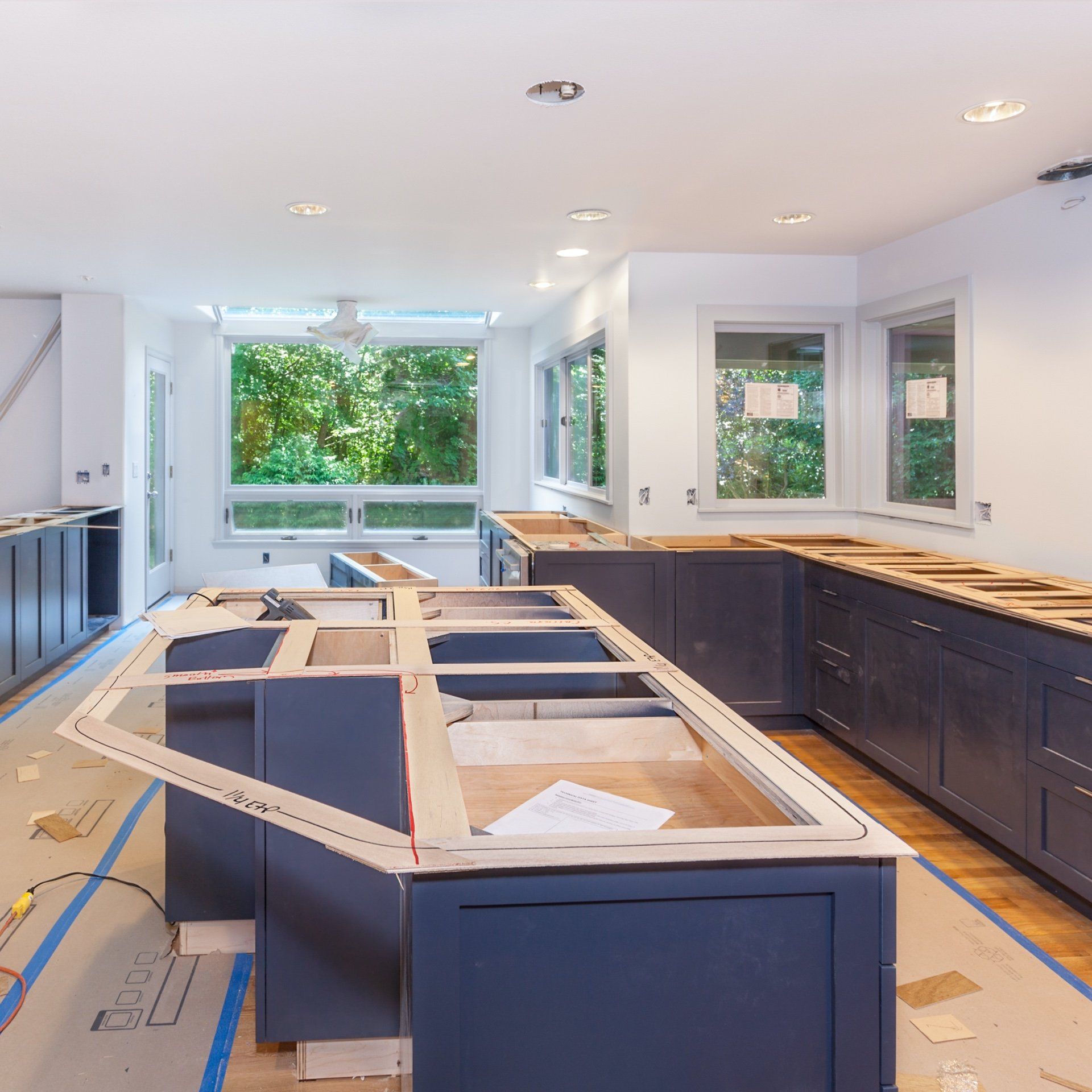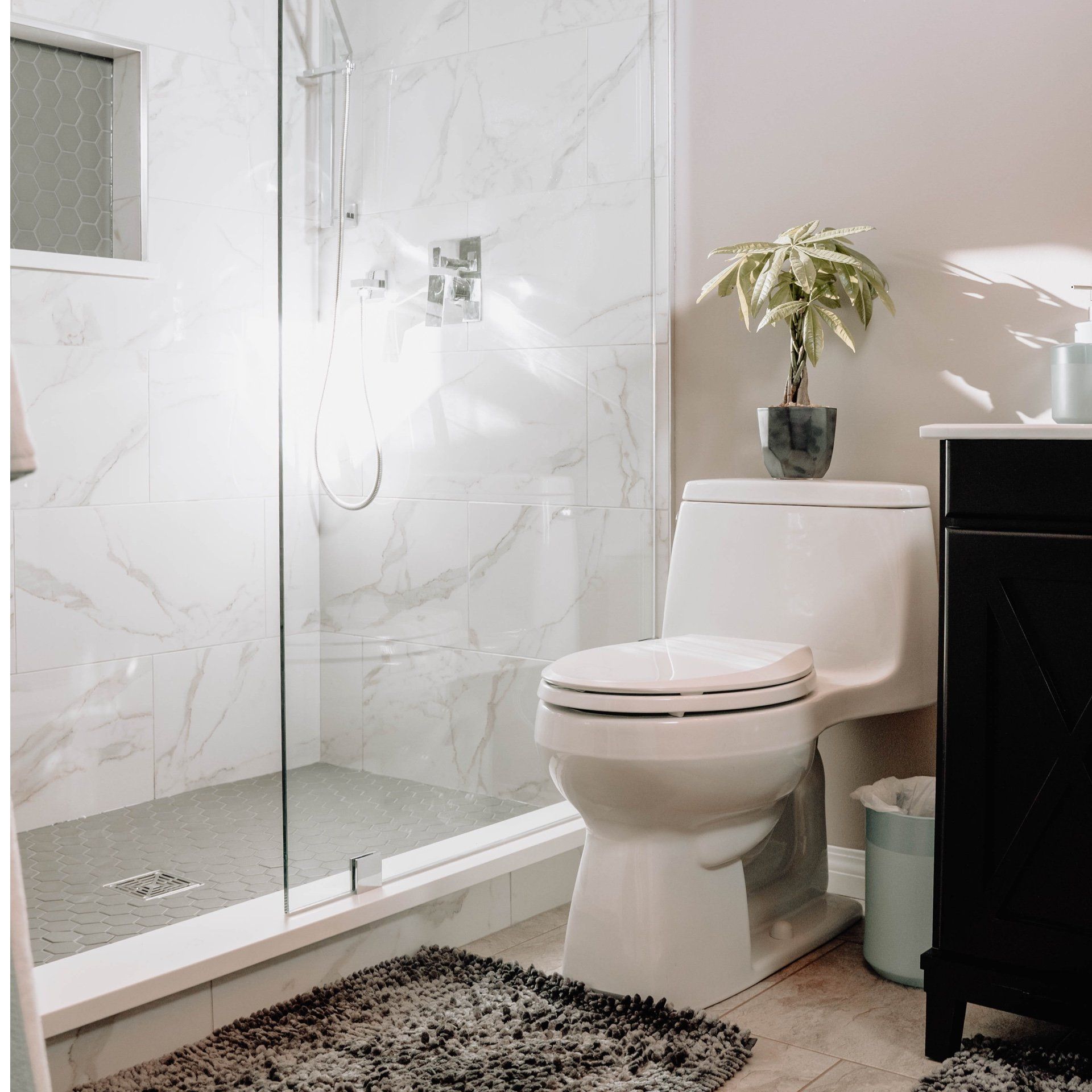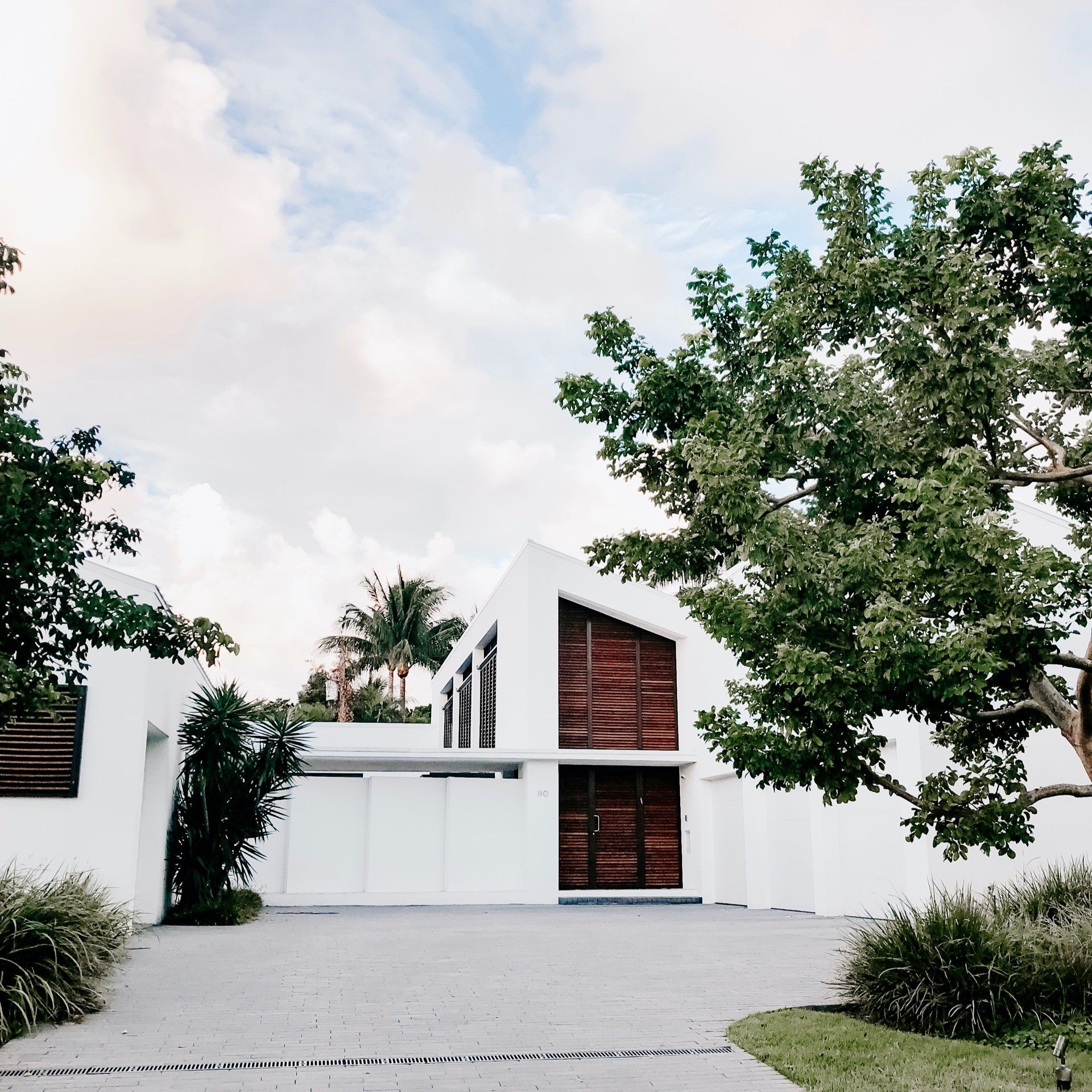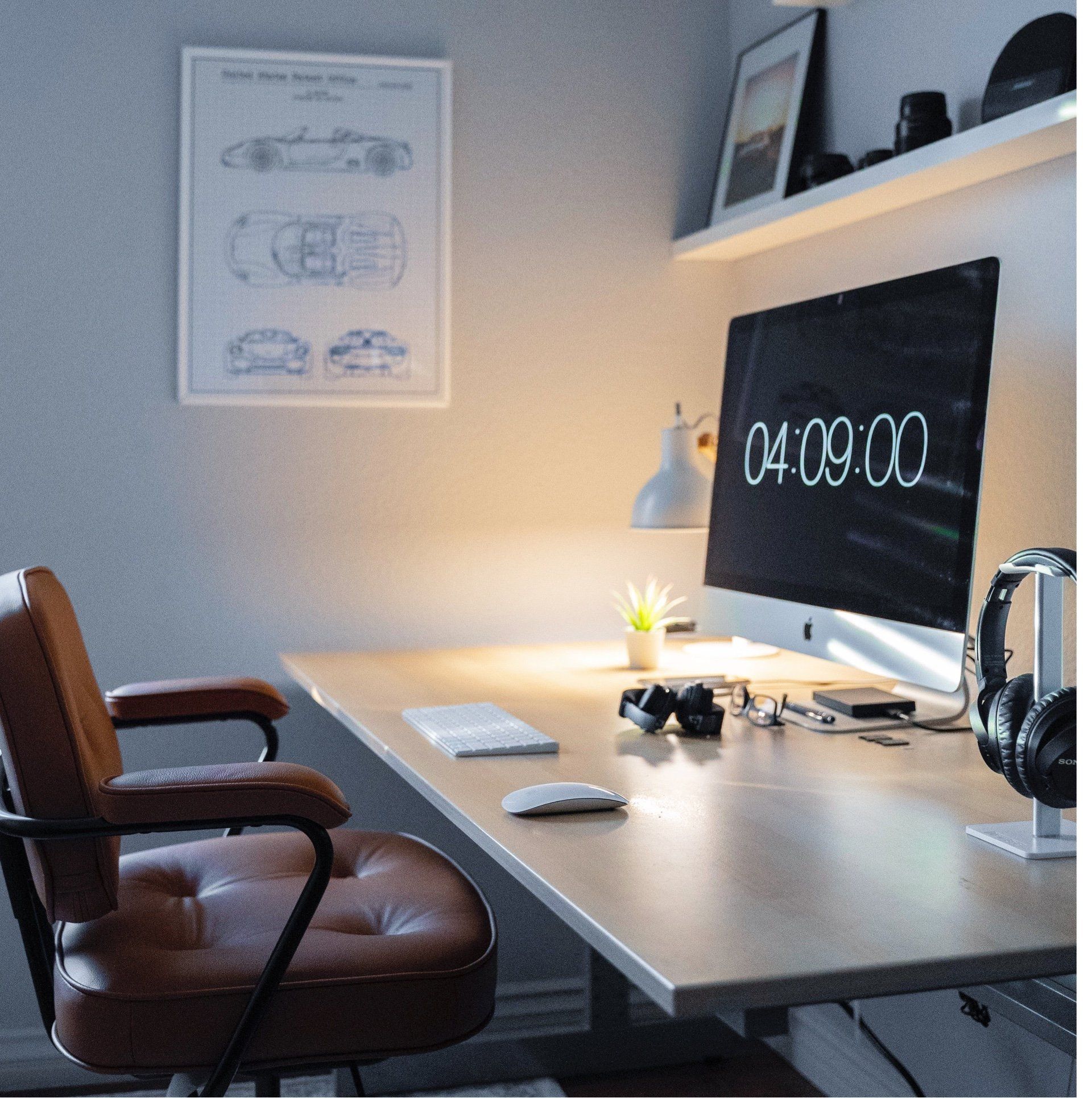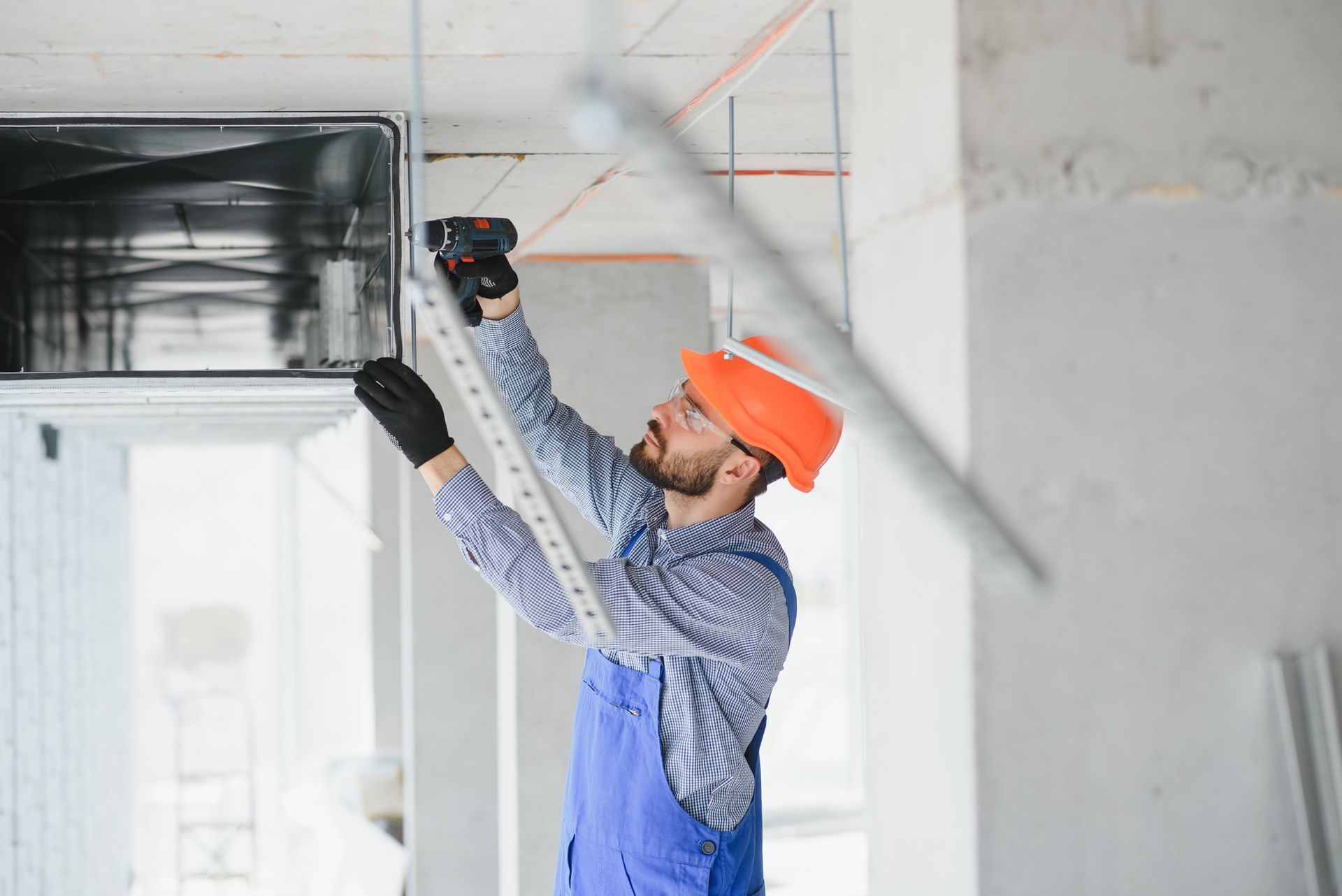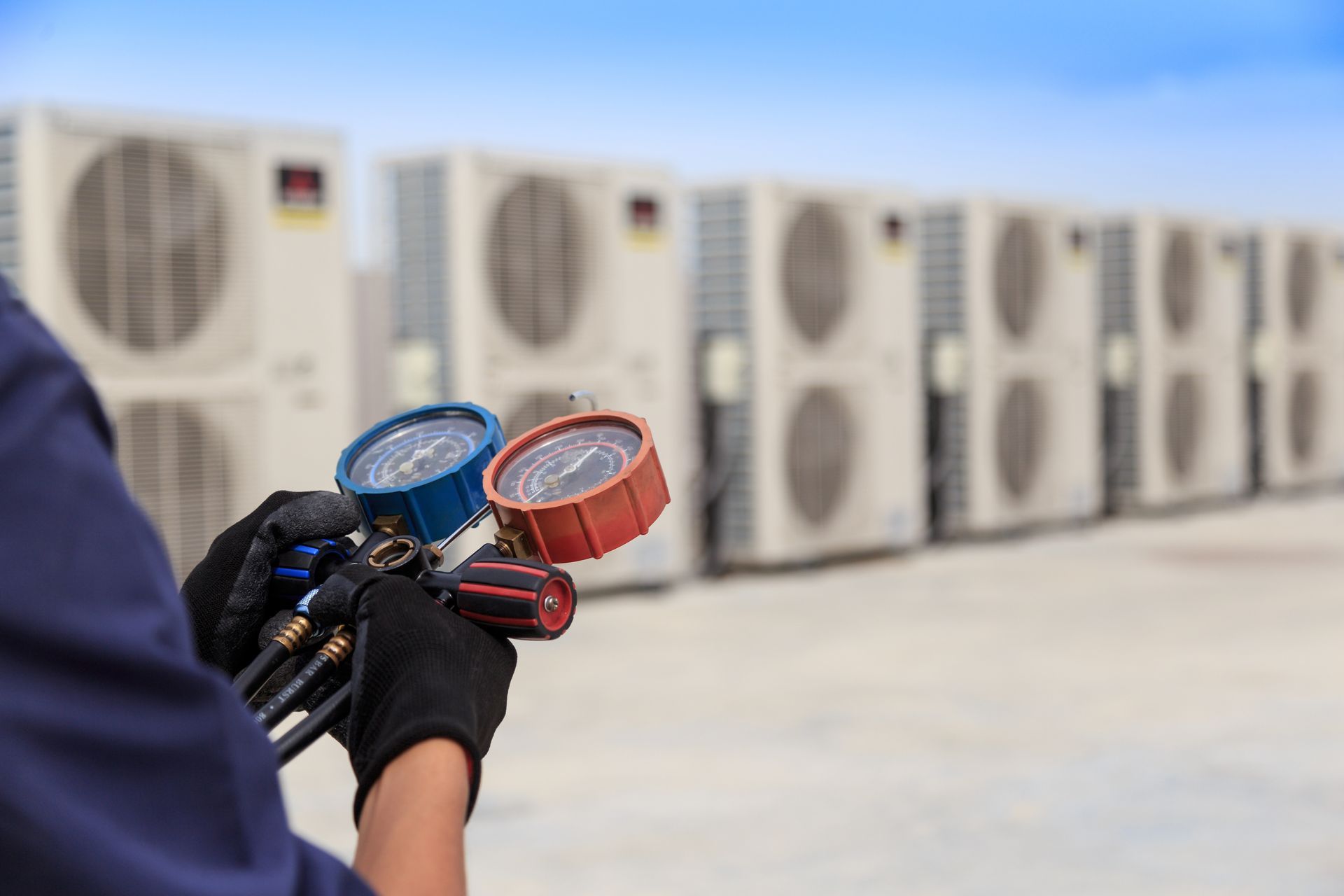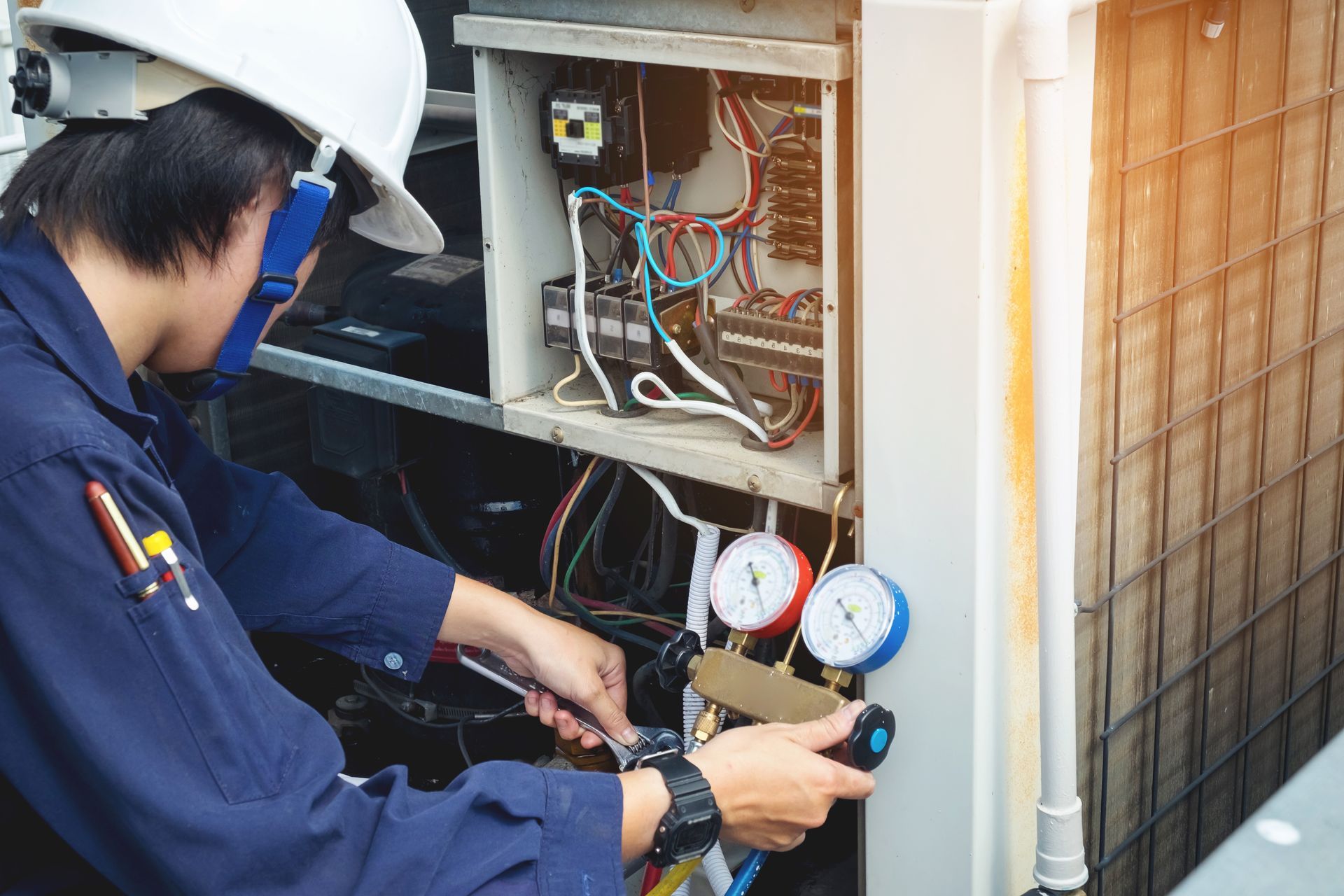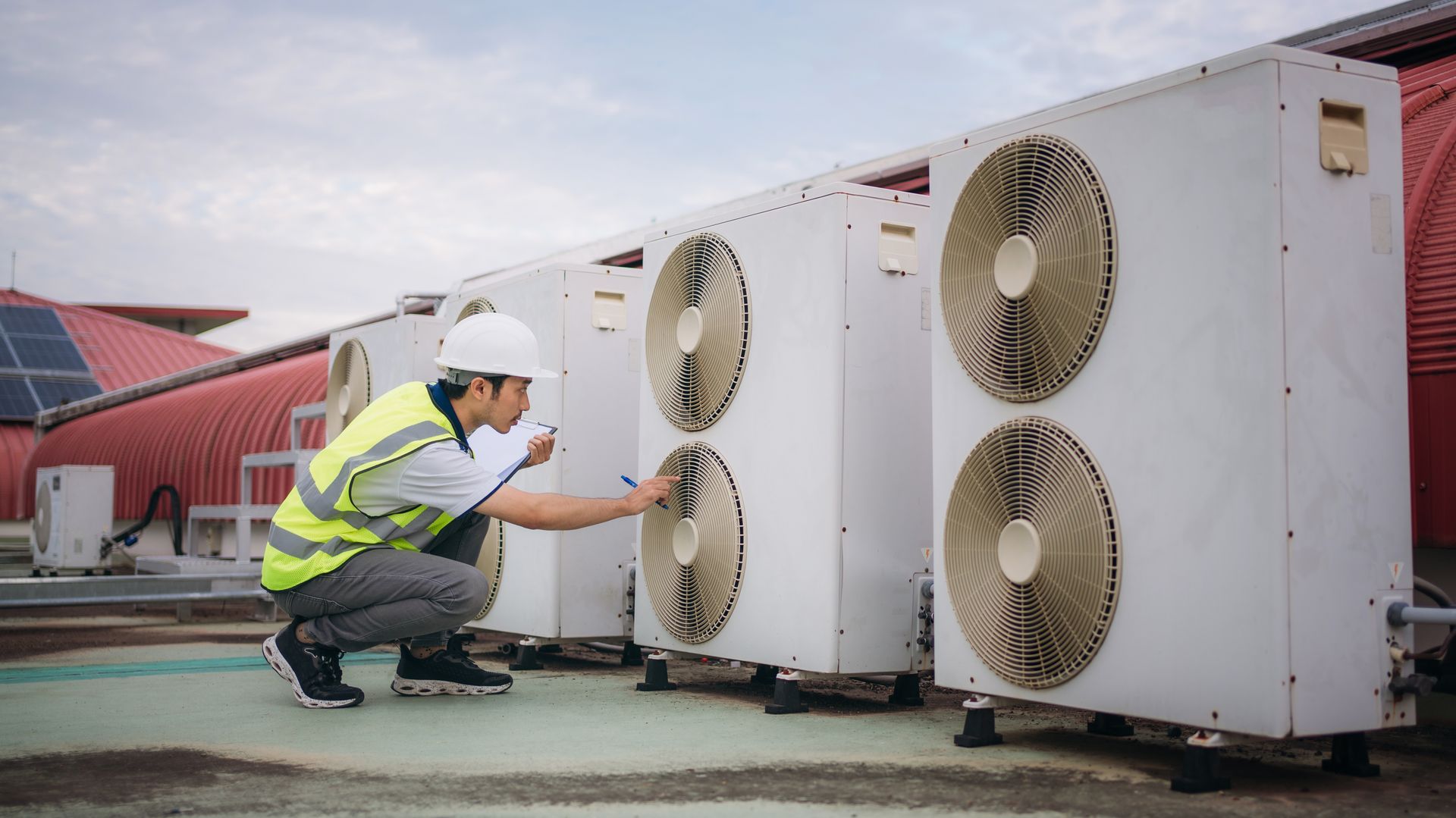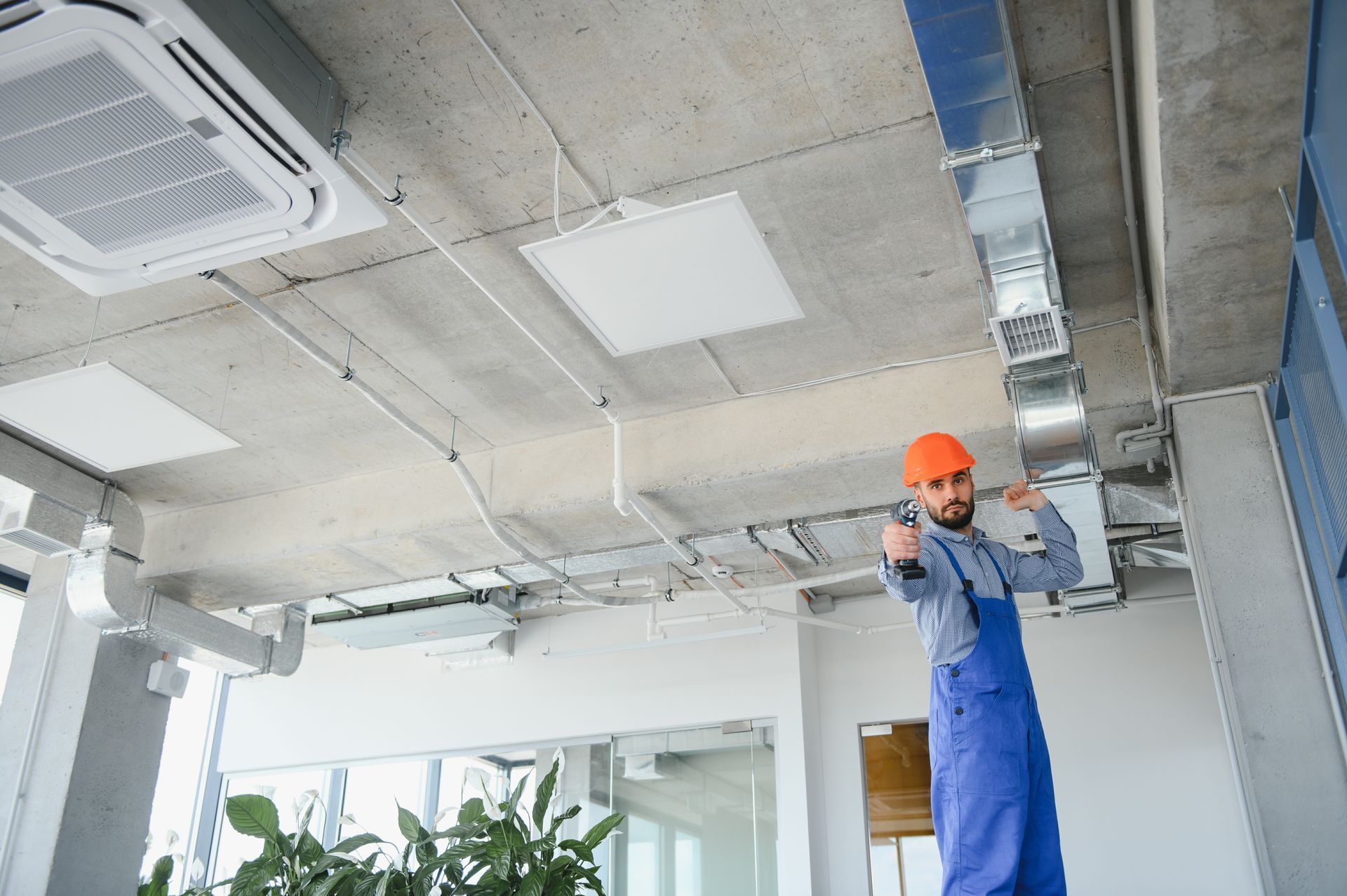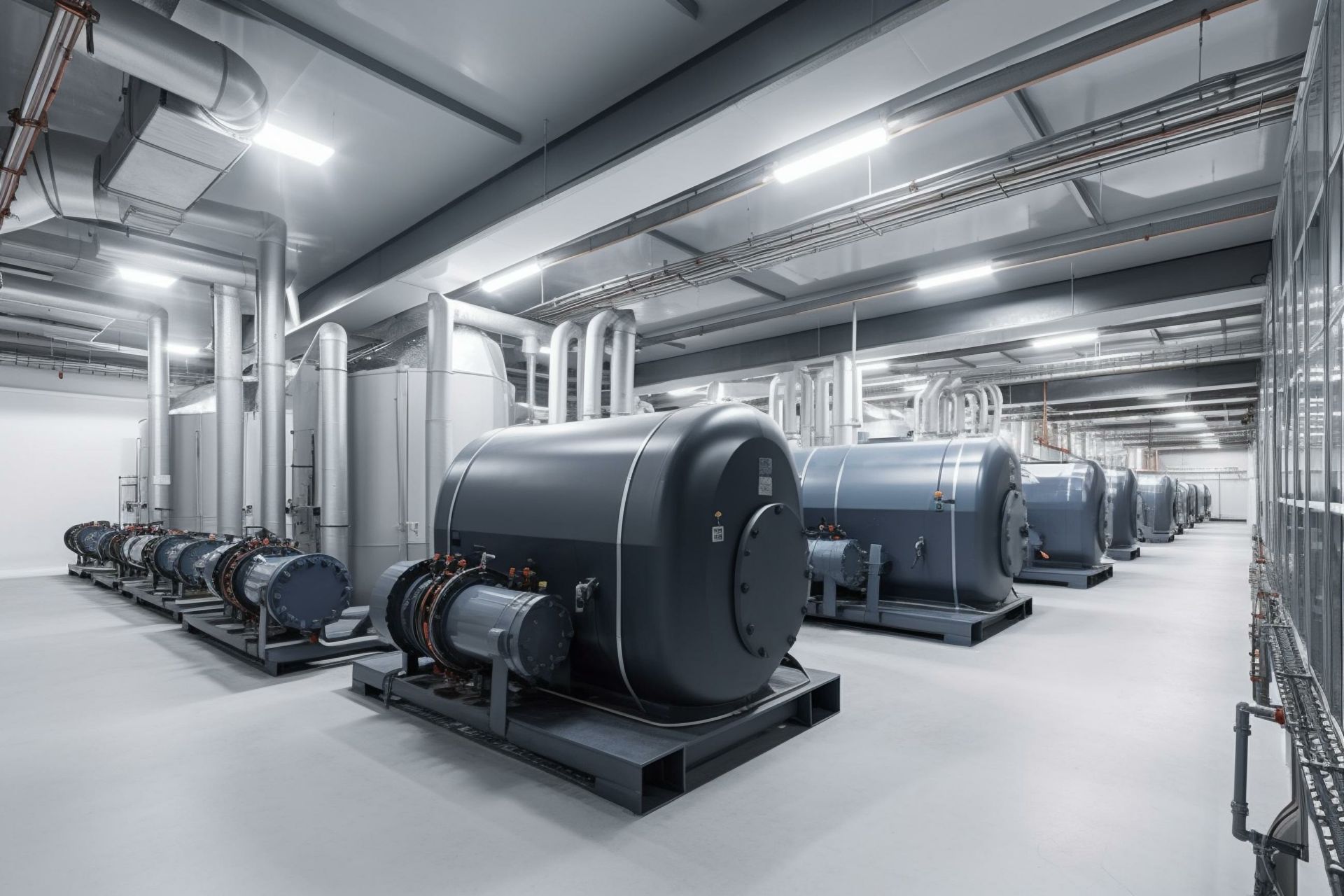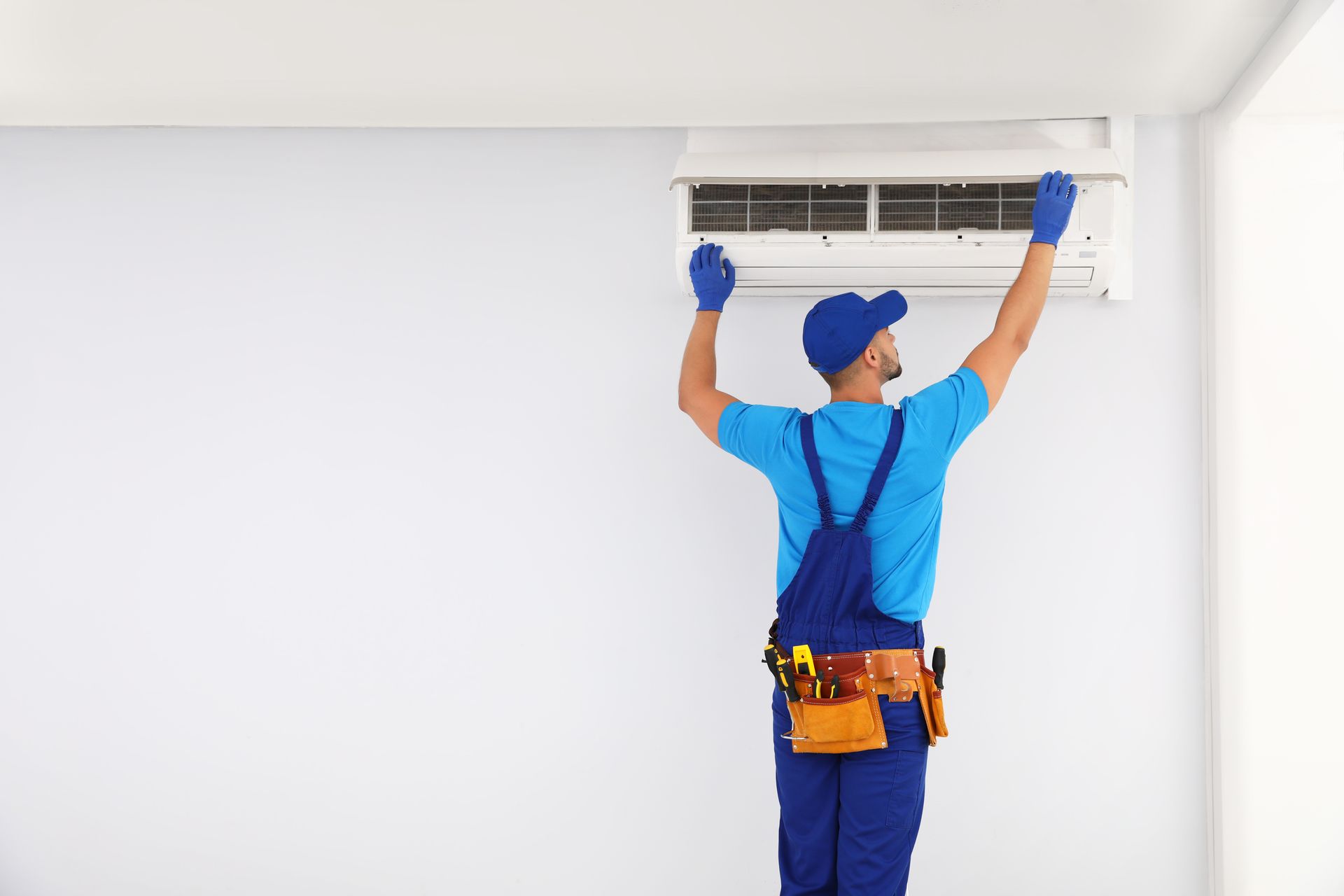Designing Efficient HVAC Systems for Commercial Buildings: Key Considerations
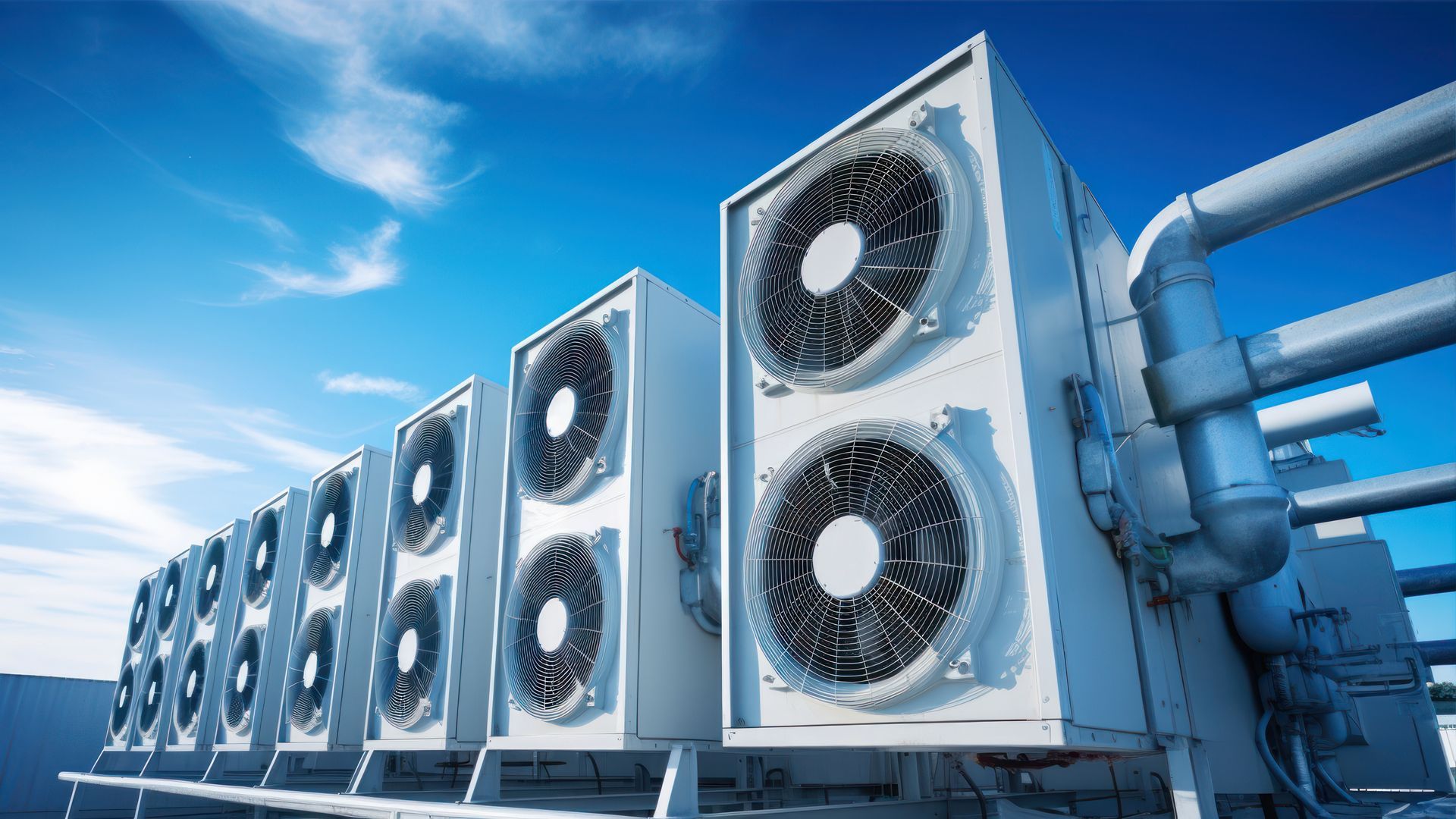
Understanding the Importance of Efficiency in HVAC Design
Designing an HVAC system for a commercial building goes beyond simple heating and cooling. The aim is to balance comfort with efficiency, ensuring that the system provides optimal indoor air quality without unnecessary energy consumption. Achieving this delicate balance involves several key considerations, which we will explore in this post.
Size of the Building
The size and layout of the building play a critical role in HVAC design. A system that is too small will struggle to heat or cool the building efficiently, while one that is too large will cycle on and off too frequently, wasting energy. An HVAC professional will take accurate measurements and consider the building's layout to select an appropriately sized system.
Energy Efficiency
Energy efficiency is not just about reducing utility bills; it also has environmental implications. Choosing HVAC equipment with a high Seasonal Energy Efficiency Ratio (SEER) can significantly reduce energy consumption. In addition, features like variable speed motors and programmable thermostats can further enhance efficiency.
Air Quality
Good indoor air quality is vital for the health and comfort of the building's occupants. An efficient HVAC system should include proper ventilation to remove stale air and introduce fresh air. It should also incorporate air filtration to remove dust, allergens, and other pollutants.
Maintenance Accessibility
Routine maintenance is key to the long-term efficiency and performance of an HVAC system. When designing the system, it's crucial to ensure that key components are easily accessible for cleaning, inspections, and repairs.
The Importance of Hiring a HVAC Professional
HVAC system design is complex and requires a deep understanding of building science, thermodynamics, and local codes and regulations. Attempting to design a system without this expertise can result in an inefficient system that fails to provide adequate comfort.
An HVAC professional brings technical knowledge and practical experience to the task. They will consider all the relevant factors, perform detailed calculations, and use industry best practices to design an efficient, effective system that meets the unique needs of your commercial building.
The Risks of DIY HVAC Design
Designing an HVAC system is not a job for amateurs. Mistakes can result in systems that are undersized or oversized, both of which can lead to poor performance, increased energy costs, and shorter equipment lifespan.
Additionally, improperly designed systems can lead to poor indoor air quality, creating an unhealthy environment for occupants. Failure to comply with local codes and regulations can also result in fines or legal action.
In contrast, a professionally designed system will deliver reliable performance, efficient operation, and a healthy indoor environment. It will also be compliant with all relevant codes and regulations, providing peace of mind.
The Next Steps in Commercial HVAC Design
Designing an efficient HVAC system for a commercial building is a significant task, but it's one that can deliver substantial benefits in terms of comfort, energy savings, and occupant health. A professional HVAC technician has the knowledge and experience to help you navigate this process and ensure a successful outcome.
If you're ready to embark on this journey, we're here to help. Visit our "Contact" page to get in touch. Together, we can design an HVAC system that meets the unique needs of your commercial building and provides comfort and efficiency for years to come.
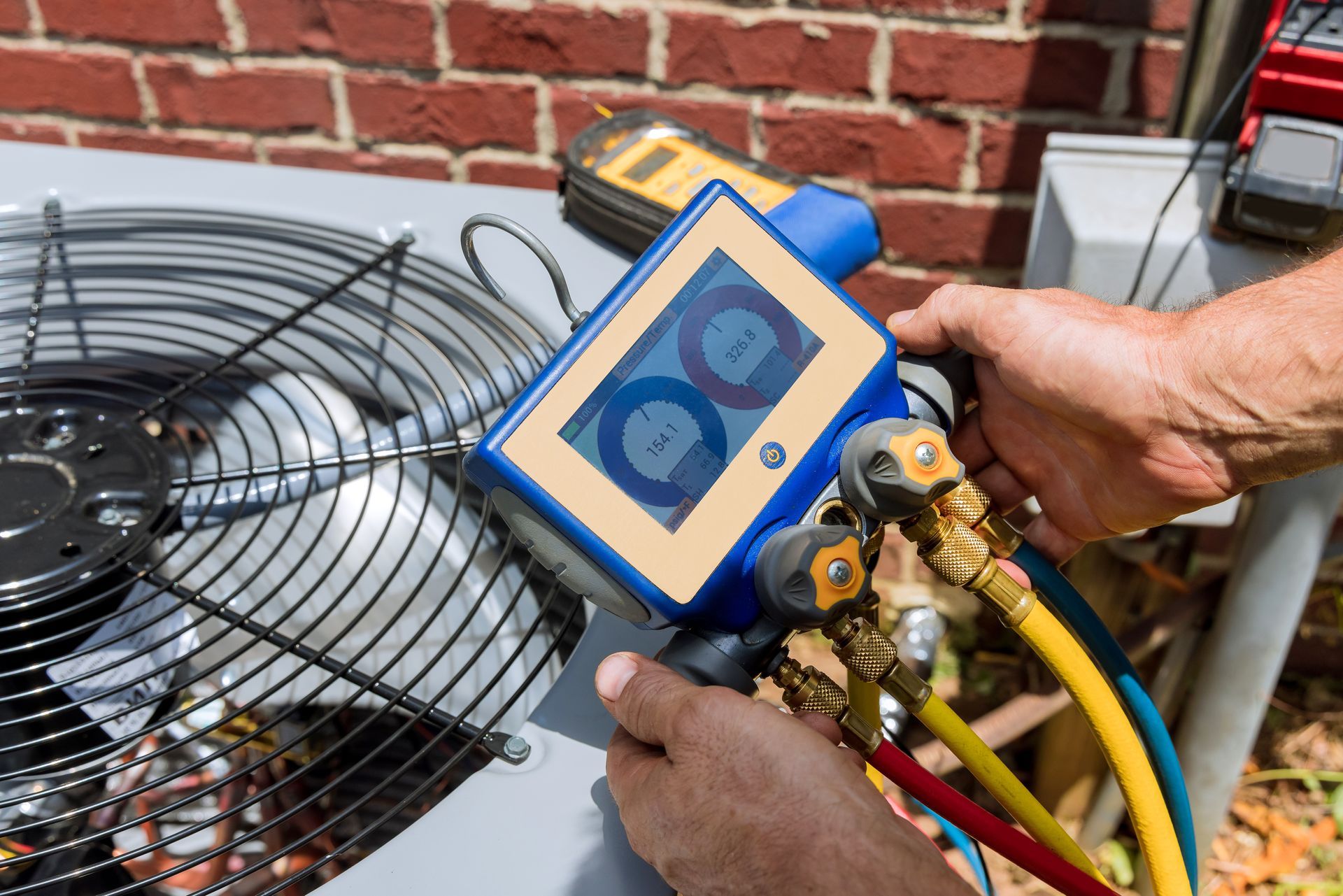
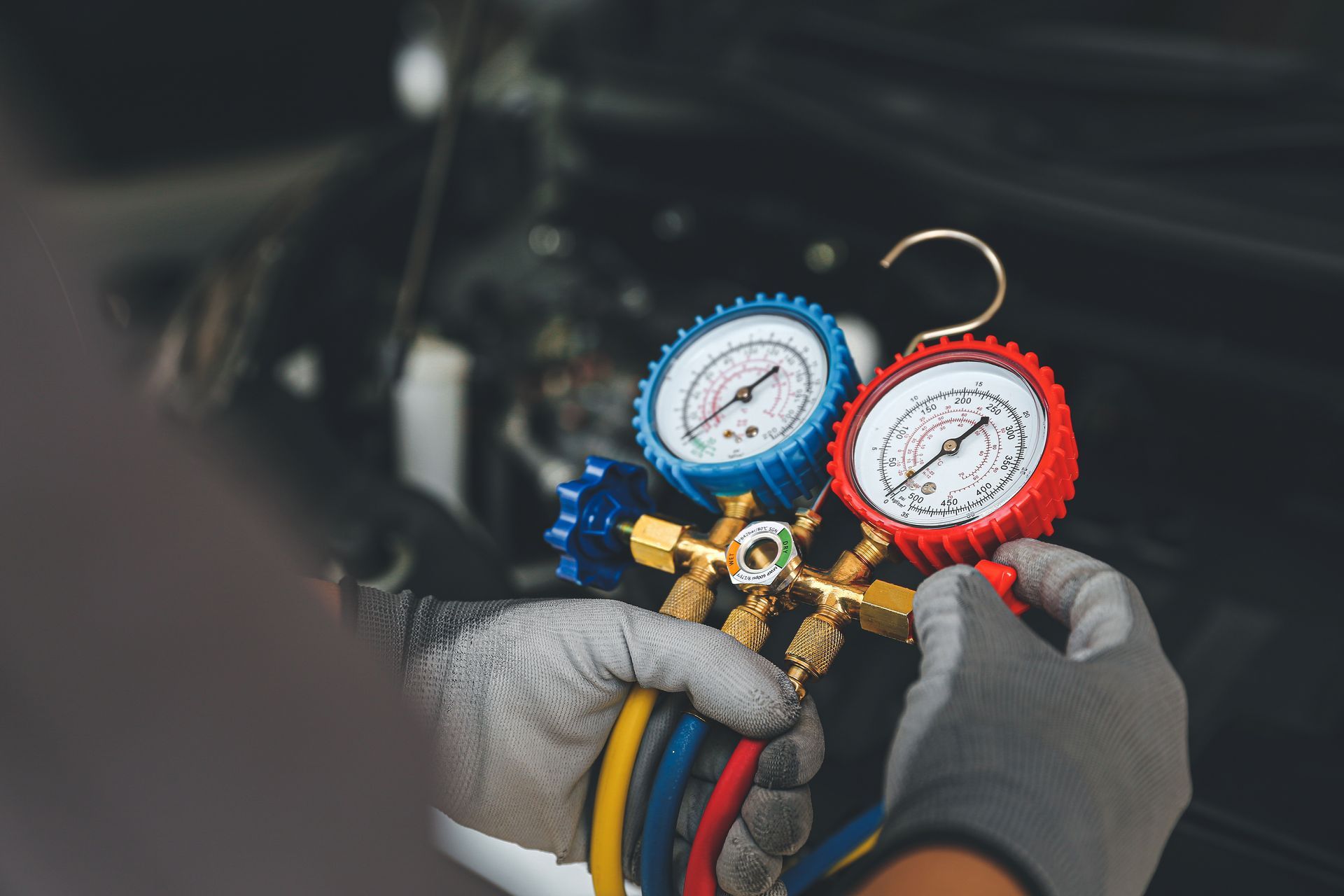
Best HVAC Service Packages in the D.C. Area
Joining an HVAC company VIP club can provide several benefits to homeowners, including peace of mind, cost savings and personalized service.
